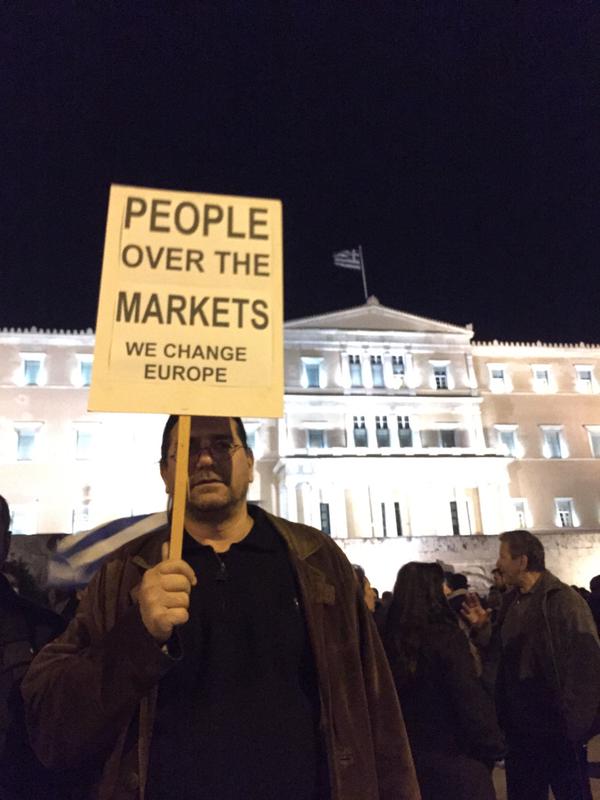Re: Will Greece be the first country to overthrow the rule of bankers and elites?
Sounds pretty much like what happened when the British took power from the Indian rajas a couple of centuries ago. The Indian Rajas get to keep their palaces and titles while the British govern because they had better laws and better at governing. Of course, we know what happened subsequently.
Today, India is free from the British, speak English, play cricket, adopted the English political system and many English customs, but has India become as good as Britain?
Originally posted by gnk
View Post
Sounds pretty much like what happened when the British took power from the Indian rajas a couple of centuries ago. The Indian Rajas get to keep their palaces and titles while the British govern because they had better laws and better at governing. Of course, we know what happened subsequently.
Today, India is free from the British, speak English, play cricket, adopted the English political system and many English customs, but has India become as good as Britain?




 Greek Prime Minister Alexis Tsipras (r) shakes hands with former Prime Minister Antonis Samaras before a swearing-in ceremony of the new deputies that were elected in the January 25 national polls, in Athens on Thursday.
Greek Prime Minister Alexis Tsipras (r) shakes hands with former Prime Minister Antonis Samaras before a swearing-in ceremony of the new deputies that were elected in the January 25 national polls, in Athens on Thursday.
Comment